The next edition of 40 Towns will begin publishing on the Ides of March, but in the meantime here's a one-shot magazine: 10A. 10A is the course hour for my spring literary journalism course, "Ordinary Extraordinary." In addition to prose, we're "reading" photographs, by established masters such as Robert Frank, Milton Rogovin, Diane Arbus, and Ray DeCarava, and by working photographers and documentarians such as Ruddy Roye, Tanja Hollander, and Duncan Murrell who've been responding to student work, including their "Instagram essays" -- pictures+words. “Boston got another foot of snow,” he says to a worker shoveling on the sidewalk. The shoveler shrugs him off but I catch up to him as he shuffles away on his walker. He was looking for someone to talk to. I take him up on the offer. “My name’s Carl too. What’s your last name? What is that, Jewish? I grew up with Jews. They’re good workers. I grew up Episcopalian––know what that is? Same as Catholic, but bishops, no pope.” I ask if I can interview him, knowing he’ll say yes. “We’re gonna have to sit down and get a cup of coffee.” “Two sugars, two milks. I’m a New England boy, just like you.” I buy the coffee and he gets us a table. “V-A-L-L-I-N, middle initial F. You ever see an Indian travel card?” I tell him no and he pulls it out of a wallet bulging with twenty other plastic rectangles. “Cherokee on my mother’s side––I’m 30 or 40 percent. They’re a good people.” “I’ve got Parkinson’s Disease. I’m a guinea pig.” Between “Hey, Soul Sister” on the radio and the blender screaming behind me, I’m sitting a foot away from his face, which he keeps covering up with his unrestrained left hand. He mumbles. “They’re gonna take some blood out of me. Those DHMC doctors––they’ve got attitude. Great food there, though.” “I miss my godfather, my friends. My father used to hit us. My mother tried to commit suicide three times.” He tells me a story about his cop days, but I only hear the end: “when all those nurses got killed? Remember that? That was my buddy who broke that. Those were good days.”
|
ELSEWHERE
|
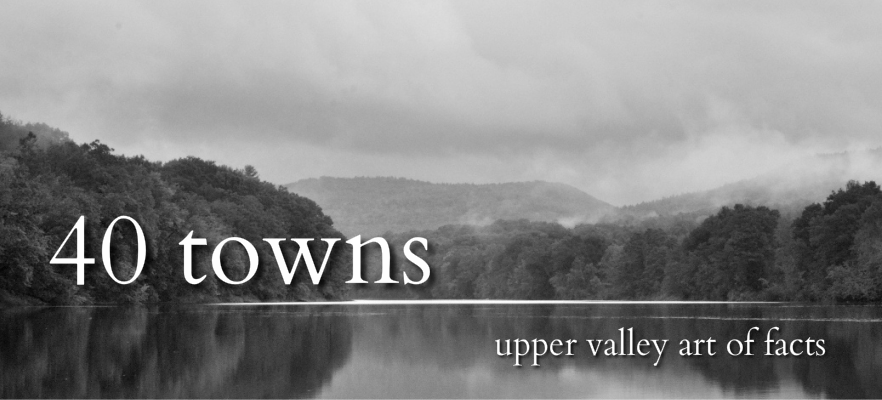
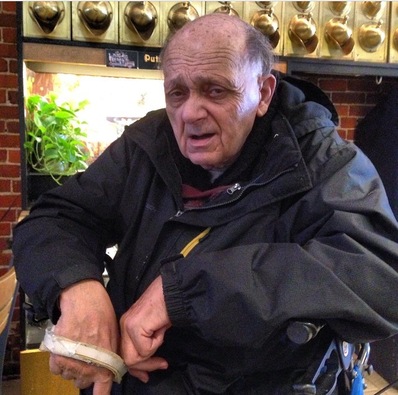


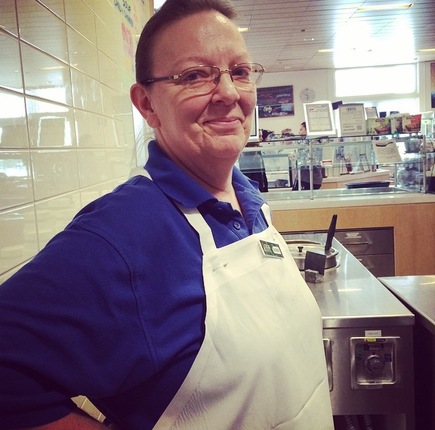
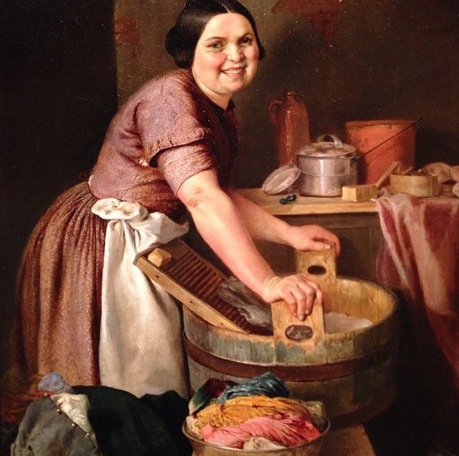

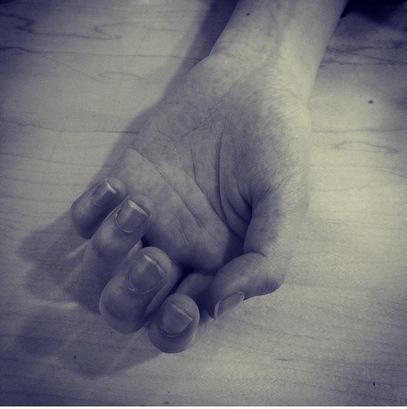
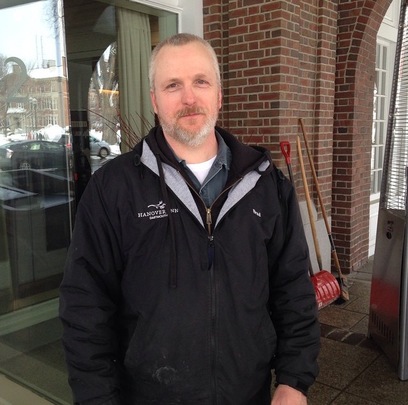
 RSS Feed
RSS Feed